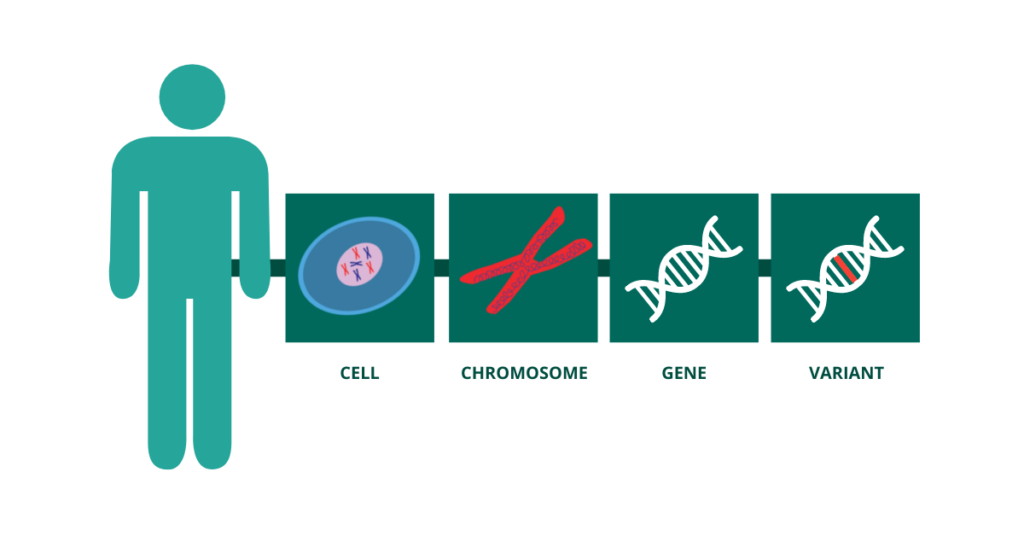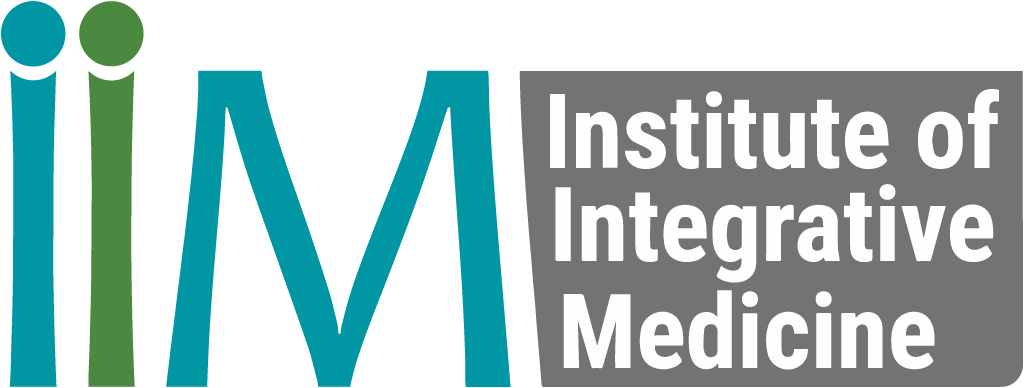Genetic disorders: Causes and Treatments
Genetic testing has come a long way since its conception. Scientists and health specialists have dedicated their lives to research in the field of genetics. A vast number of companies now offer genetic testing, to help prevent, treat and manage genetic disorders.
Our genetics play a number of roles in our predisposition to disease. The variations in our DNA, as well as our environment (both physical and lifestyle) contribute to the development and management of chronic illness. Modern medicine and research has greatly advanced our understanding of these conditions, and have helped in developing instruments and strategies for identification and treatment.
What is genetics?
Genetics involves the study of genes. Genes are the information centres of the body. They determine what we look like, as well as our predisposition to disease. This is the reason that, for example, your brother might bear more similar traits to your father and you to your mother. They determine your sex, physical features, as well as other factors that might lead to disease. They are directly inherited from your mother and father.
Within each and every cell, DNA is wrapped to form microscopic structures called Chromosomes. During conception, each egg and sperm carry a half set of chromosomes. Each reproductive cell should have 23 chromosomes and when these two cells merge and fuse, they provide the makings of a full set of chromosomes (46), which is then used to code information for the development of a foetus. This is how we inherit our genes from our parents.

Disorders of the Gene
Genetic disorders are derived through gene mutations. This is not only determined by the inheritance of parental genes, but can also be caused within the individual. For example, one or both parents might have a predisposition to be Bipolar, and this can be passed down to the child. In other cases, the genetic mutation happens exclusively to the parental genes and may be caused by environmental or behavioural factors.
Scientists have studied genes for decades, which has helped to advance our understanding of the origins of genetic mutations and variations. Genetic disorders can happen for a number of different reasons, such as:
- Mutation of a gene on a chromosome
- Genes can move from one chromosome to the other
- Additional chromosomes (as seen in Down Syndrome)
- Too few or too many sex chromosomes
- Some chromosomes may have parts missing
What are the treatments for genetic conditions?
It is extremely difficult to treat and manage genetic disorders, as the genetic mutation is present in each cell. Scientists have developed a number of treatments that treat the root cause. These treatments include:
Enzyme replacement therapy
One option is to look at the replacement of certain enzymes that may be missing. Enzymes can be replaced in order to make up for deficiencies.
Dietary changes
Another option would be to limit or restrict the consumption of certain substances, in order to prevent the accumulation of toxins that are normally broken down by missing enzymes.
Lifestyle modification
Lifestyle modifications can be made to treat general signs and symptoms of the genetic disorder. These lifestyle modifications vary from one genetic disorder to another. Integrative and Preventive health specialists are trained in the management of such symptoms, and help their patients to live healthy, happy lives around their conditions.
Surgery
Some severe cases of genetic conditions would require surgical intervention. For example, people with genetic disorders related to heart defects can undergo surgery to repair the defect or opt for a heart transplant. People living with blood defects could opt for bone marrow transplants.
Summary
Genetic testing has come a long way since its conception. Scientists and health specialists have dedicated their lives to research in the field of genetics. Thus, we can trust that as our knowledge expands, so do the options for treatment. A vast number of companies now offer genetic testing, to help patients prevent, treat and manage genetic disorders.
How do I Become a Functional Medicine Practitioner to learn more about Genetic disorders?

The Institute of Integrative Medicine is a global leader in the field of Preventive and Integrative Medicine Education. We offer certified online courses helping you to take charge of your practice and improve the quality of life for your patients. As the field of genetics grows, so does the scope of tests offered to both doctor and patient. Find out more about the courses we offer today!

